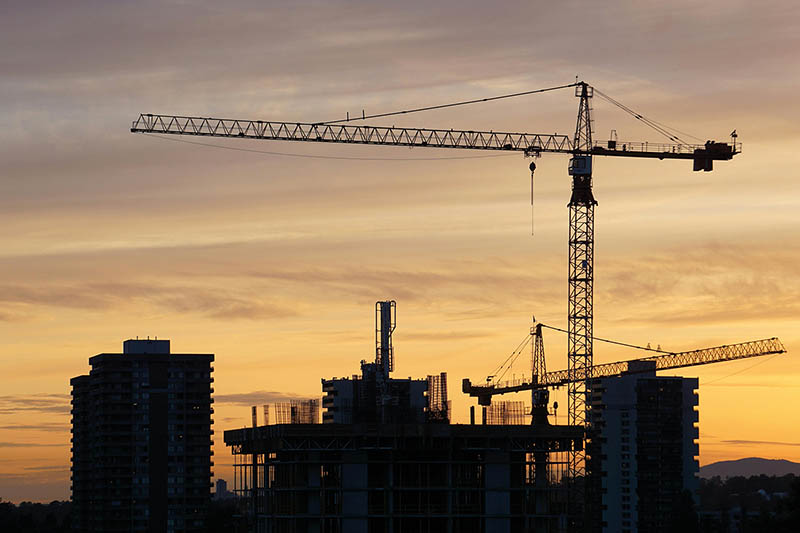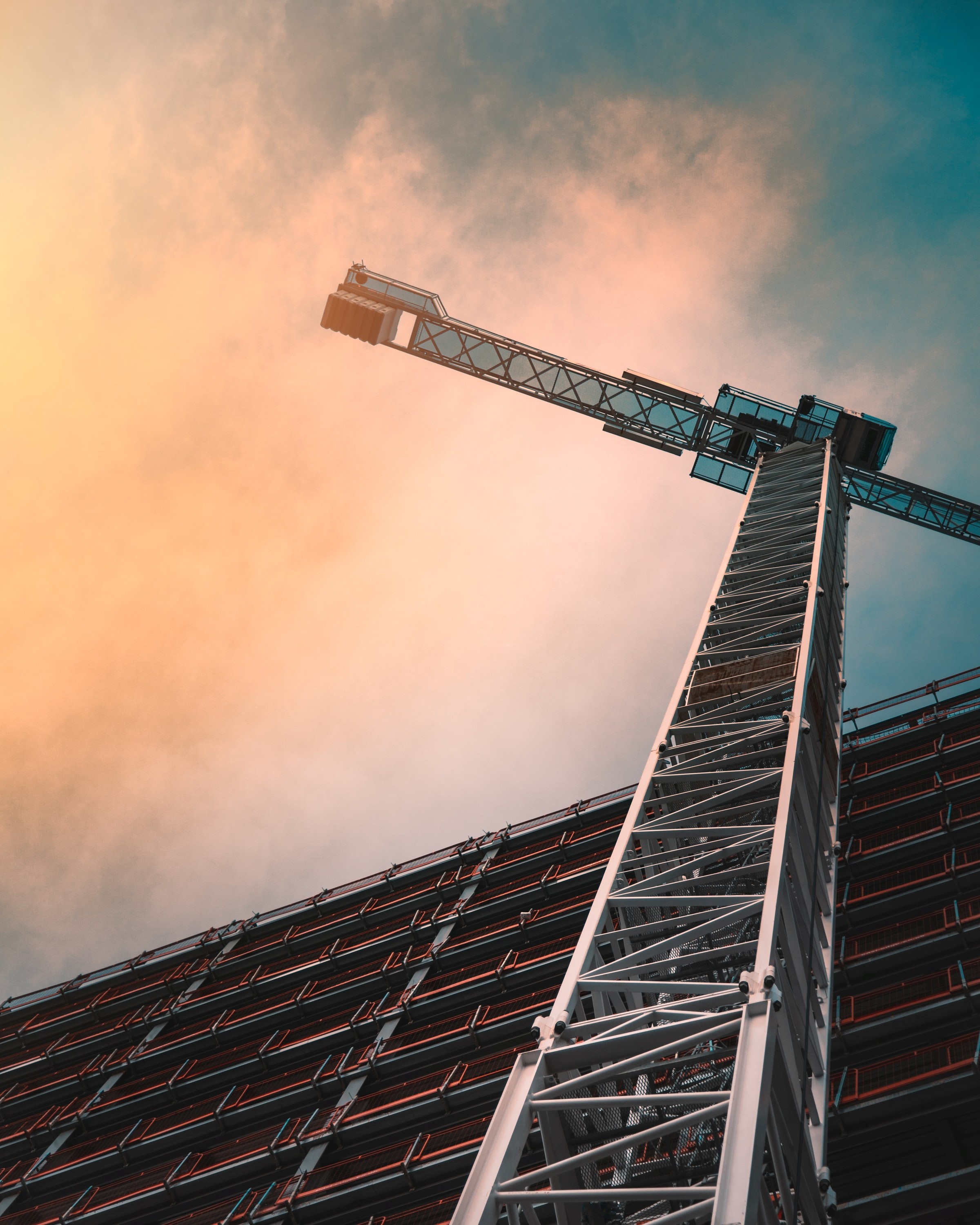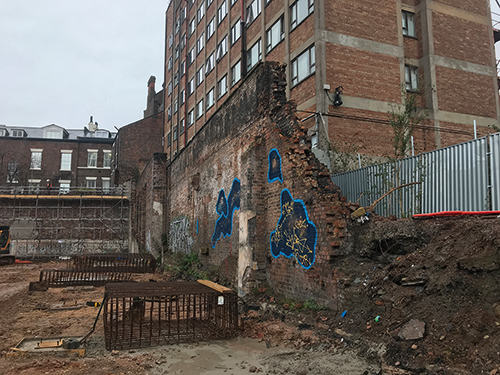 The COVID-19 pandemic has had a profound and lasting impact on the construction industry, disrupting timelines, inflating costs and introducing unprecedented risk management challenges.
The COVID-19 pandemic has had a profound and lasting impact on the construction industry, disrupting timelines, inflating costs and introducing unprecedented risk management challenges.
Architects and engineers have been at the forefront of addressing those challenges, particularly in projects involving specialist accommodation, complex infrastructure or historic buildings. In parallel, legal teams and insurers have increasingly turned to expert witnesses to provide independent assessments of delays, costs and associated risks, ensuring clarity and fairness in contract disputes or claims arising from the pandemic.
In disputes arising from COVID-19-related delays, expert witnesses have played a vital role. Legal teams frequently instruct construction, engineering and cost management specialists to provide independent evaluations of project delays, financial losses and compliance with contractual obligations.



 Karen Mason is a highly experienced commercial property lawyer and co-founder of Newmanor Law, a specialist real estate law firm. Here she outlines the importance of Heads of Terms in negotiating new commercial leases.
Karen Mason is a highly experienced commercial property lawyer and co-founder of Newmanor Law, a specialist real estate law firm. Here she outlines the importance of Heads of Terms in negotiating new commercial leases. The first ever trial in the Technology and Construction Court to be held entirely remotely reached its conclusion in May, having been conducted across video-conferencing platform Zoom. The case made English legal history and could help transform how future court cases are conducted, even after the threat of the COVID-19 pandemic has receded.
The first ever trial in the Technology and Construction Court to be held entirely remotely reached its conclusion in May, having been conducted across video-conferencing platform Zoom. The case made English legal history and could help transform how future court cases are conducted, even after the threat of the COVID-19 pandemic has receded. Organisations that are looking to use mediation as a way to resolve a dispute without the need for costly litigation need to be aware of the impact that the Covid-19 pandemic will have on the process in the coming months, and the potential pitfalls and challenges. This is according to Ian Timlin, a specialist dispute resolution and commercial litigation lawyer at Conexus Law, who cautions that the new process may not be as effective and is also less secure unless certain measures are put in place.
Organisations that are looking to use mediation as a way to resolve a dispute without the need for costly litigation need to be aware of the impact that the Covid-19 pandemic will have on the process in the coming months, and the potential pitfalls and challenges. This is according to Ian Timlin, a specialist dispute resolution and commercial litigation lawyer at Conexus Law, who cautions that the new process may not be as effective and is also less secure unless certain measures are put in place.